Introduction Korean Grammar ‘-을/를 텐데요’
Learning Korean grammar can be challenging, but breaking it down into manageable lessons can make it easier. Today, we will explore the grammar pattern ‘-을/를 텐데요,’ which is used to indicate an expectation or assumption about a future event in Korean. This lesson will help you understand and use this form effectively.
Learn Korean with JAEM : Improve your Korean with our app through free lessons and courses. And also, Join our 4-week challenge program to progress from upper-beginner to master level with Native Korean Coaches. Strat to study Korean more!
Our Book: Don’t miss out on our comprehensive book that covers essential Korean language skills and strategies. See our books and study with us! 🙂
AI Writing Practice Program: Enhance your writing skills with JAEM TOPIK, our AI-powered practice program. Get personalized feedback and TOPIK tips to elevate your Korean writing. Study TOPIK writing yourself and get high TOPIK score!

Jump to:
Grammar Explanation
The grammar pattern ‘-을/를 텐데요’ is used to indicate an expectation or assumption about a future event. It is similar to saying “I expect that…” or “It is likely that…” in English. This form often conveys a sense of anticipation or concern about what is expected to happen.
Formation:
- For verb stems ending in a consonant, add ‘-을 텐데요.’
- For verb stems ending in a vowel, add ‘-ㄹ 텐데요.’
- For adjectives and nouns, use ‘-일 텐데요.’
| Speech Form | Form | Example Sentence |
|---|---|---|
| Verb (to go) | 갈 텐데요 | 그는 학교에 갈 텐데요 (He is likely to go to school) |
| Verb (to eat) | 먹을 텐데요 | 밥을 먹을 텐데요 (He is likely to eat a meal) |
| Adjective (good) | 좋을 텐데요 | 날씨가 좋을 텐데요 (The weather is likely to be good) |
| Noun (student) | 학생일 텐데요 | 그는 학생일 텐데요 (He is likely to be a student) |
Examples ‘-을/를 텐데요’
Indicating Expectations with ‘-을/를 텐데요’:
- 가다 (to go)
- 갈 텐데요 = Likely to go
- 내일 학교에 갈 텐데요 = He is likely to go to school tomorrow.
- 먹다 (to eat)
- 먹을 텐데요 = Likely to eat
- 점심으로 뭐 먹을 텐데요? = What are you likely to eat for lunch?
- 읽다 (to read)
- 읽을 텐데요 = Likely to read
- 그 책을 다 읽을 텐데요 = He is likely to read that book.
- 공부하다 (to study)
- 공부할 텐데요 = Likely to study
- 오늘 밤에 공부할 텐데요 = He is likely to study tonight.
Using Adjectives with ‘-을 텐데요’:
- 좋다 (good)
- 좋을 텐데요 = Likely to be good
- 날씨가 좋을 텐데요 = The weather is likely to be good.
- 비싸다 (expensive)
- 비쌀 텐데요 = Likely to be expensive
- 그 옷은 비쌀 텐데요 = That clothes is likely to be expensive.
- 힘들다 (difficult)
- 힘들 텐데요 = Likely to be difficult
- 이 시험은 힘들 텐데요 = This exam is likely to be difficult.
- 재미있다 (interesting)
- 재미있을 텐데요 = Likely to be interesting
- 그 영화는 재미있을 텐데요 = That movie is likely to be interesting.
Using Nouns with ‘-일 텐데요’:
- 학생 (student)
- 학생일 텐데요 = Likely to be a student
- 그는 학생일 텐데요 = He is likely to be a student.
- 의사 (doctor)
- 의사일 텐데요 = Likely to be a doctor
- 그 사람은 의사일 텐데요 = That person is likely to be a doctor.
- 문제 (problem)
- 문제일 텐데요 = Likely to be a problem
- 이것은 큰 문제일 텐데요 = This is likely to be a big problem.
- 기회 (opportunity)
- 기회일 텐데요 = Likely to be an opportunity
- 이것은 좋은 기회일 텐데요 = This is likely to be a good opportunity.
Usage in Context
When using ‘-을/를 텐데요’ in different contexts, it emphasizes the speaker’s expectation or assumption about a future event.
Expressing Concerns:
- 비가 올 텐데요 = It is likely to rain.
- 그가 늦을 텐데요 = He is likely to be late.
- 차가 막힐 텐데요 = There is likely to be traffic.
- 돈이 모자랄 텐데요 = We are likely to run out of money.
Making Suggestions Based on Expectations:
- 내일 날씨가 좋을 텐데요. 산책 갈까요? = The weather is likely to be good tomorrow. Shall we go for a walk?
- 사람이 많을 텐데요. 일찍 출발합시다 = There are likely to be many people. Let’s leave early.
- 음식이 부족할 텐데요. 더 주문합시다 = The food is likely to be insufficient. Let’s order more.
- 길이 미끄러울 텐데요. 조심하세요 = The road is likely to be slippery. Be careful.
Expressing Positive Expectations:
- 그는 시험을 잘 볼 텐데요 = He is likely to do well on the exam.
- 그들이 이길 텐데요 = They are likely to win.
- 그녀는 기뻐할 텐데요 = She is likely to be happy.
- 이 프로젝트는 성공할 텐데요 = This project is likely to succeed.
Cultural Insight: In Korean culture, using ‘-을/를 텐데요’ helps convey a sense of anticipation or concern about future events. It shows the speaker’s thoughtfulness and consideration of what is likely to happen, making it a polite and respectful way to express expectations.
Common Mistakes
Common Mistakes:
- Incorrect: 갈 텐데 (missing the final particle)
- Correct: 갈 텐데요 = Likely to go
- Incorrect: 좋을 텐데 (missing the final particle)
- Correct: 좋을 텐데요 = Likely to be good
Mistake Explanation: Ensure that the correct form ‘-을/를 텐데요’ is used to indicate an expectation or assumption about a future event.
Related Grammar Points
Explore these related grammar points to deepen your understanding:
- -을 거예요: To express future plans or intentions.
- -ㄹ/을 것 같다: To express assumptions or guesses.
- -겠어요: To express willingness or assumptions politely.
- -ㄹ/을 것처럼: To indicate something seems like it will happen.
Practice Exercises
Practice Makes Perfect!
- Exercise 1: Conjugate the following verbs/adjectives/nouns using ‘-을/를 텐데요.’
- 가다 (to go)
- 먹다 (to eat)
- 좋다 (good)
- 학생 (student)
Answer Key:
- 갈 텐데요
- 먹을 텐데요
- 좋을 텐데요
- 학생일 텐데요
- Exercise 2: Create sentences using ‘-을/를 텐데요’ for the following situations:
- It is likely to rain.
- The road is likely to be slippery.
- He is likely to do well on the exam.
- This project is likely to succeed.
Answer Key:
- 비가 올 텐데요.
- 길이 미끄러울 텐데요.
- 그는 시험을 잘 볼 텐데요.
- 이 프로젝트는 성공할 텐데요.
Summary and Conclusion
Today, we covered the grammar point ‘-을/를 텐데요’ and how to use it to indicate an expectation or assumption about a future event in Korean. This pattern is essential for expressing anticipation or concern about what is likely to happen. Continue practicing with our workbook and check out related lessons for more in-depth learning.
If you have any questions or suggestions, feel free to comment below. Happy learning!
Learn Real Korean with JAEM!
Learn Korean with JAEM Korean App & JAEM Challenge: Discover the best way to learn real Korean with our comprehensive app. Enjoy a wide variety of free lessons and courses designed to help you master the language. Also, our unique JAEM challenge program guides you from an upper-beginner level to a master course, all under the guidance of Native Korean Coaches. Whether you’re just starting out or looking to refine your skills, this program offers an effective path to fluency.
AI Korean Writing Practice Program: Take your Korean writing to the next level with JAEM TOPIK, our innovative AI writing practice program. This service provides personalized feedback and practical tips tailored to your learning needs. With a focus on improving your Korean writing, JAEM TOPIK also offers specific strategies for excelling in the TOPIK exam. Benefit from expert insights and targeted advice to enhance your proficiency and confidence in writing.
Our Book: Additionally, explore our comprehensive book that covers essential Korean language skills and strategies. This valuable resource complements our app and AI program, providing a holistic approach to mastering Korean.
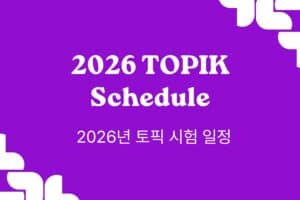
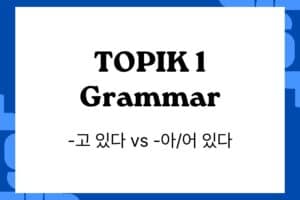
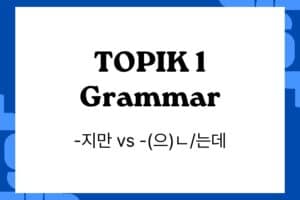
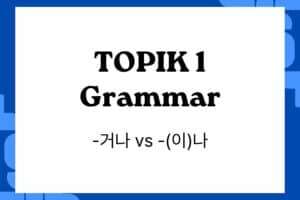
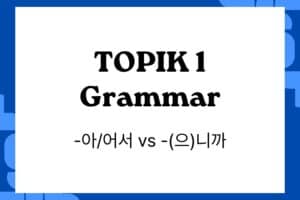
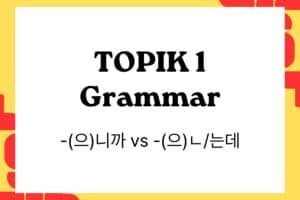
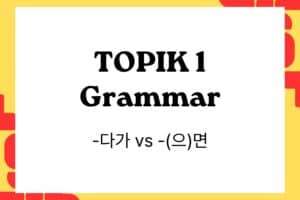

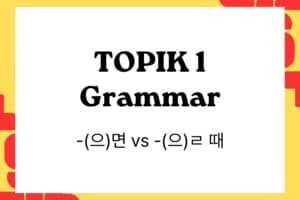

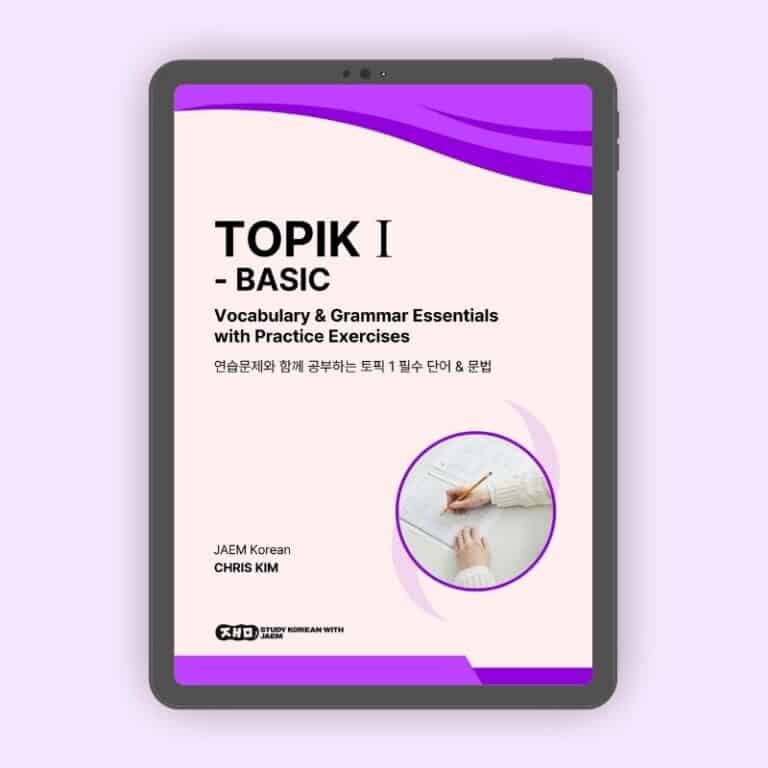
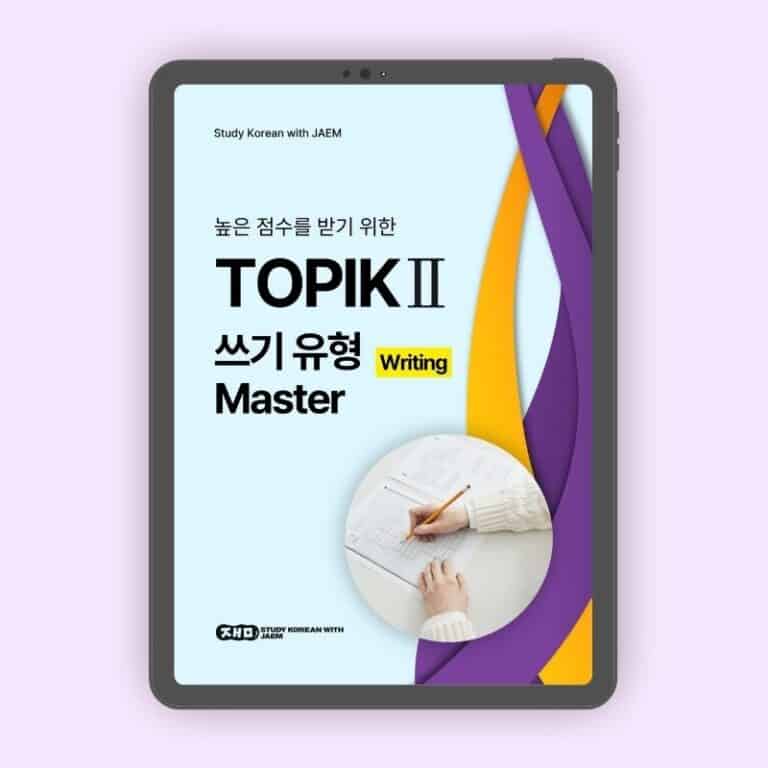
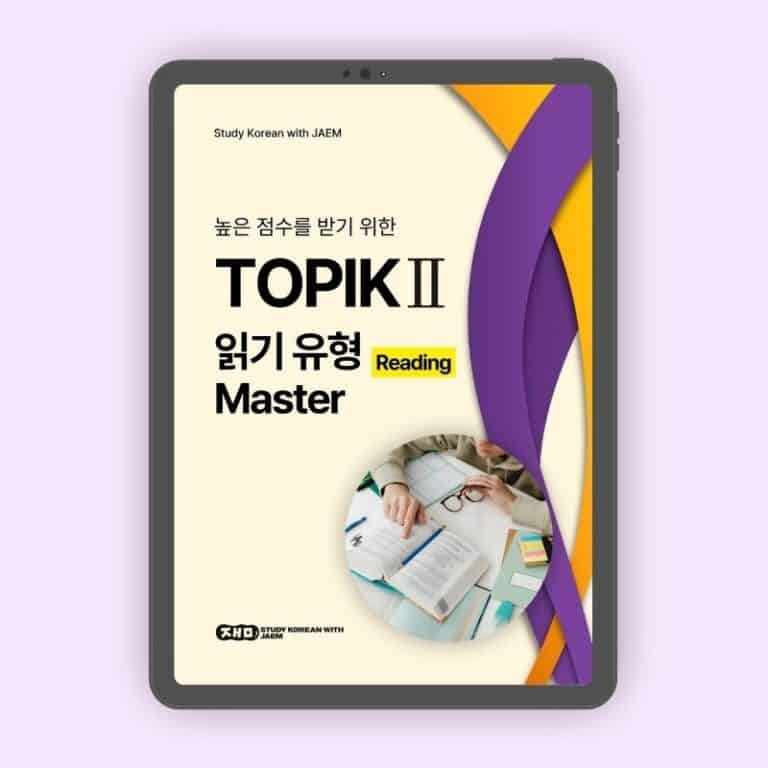

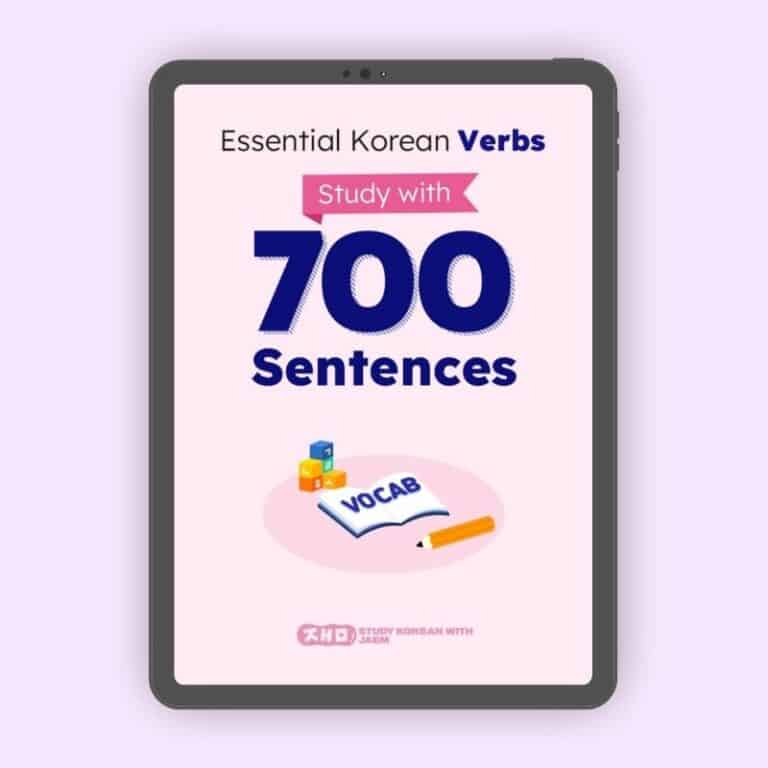
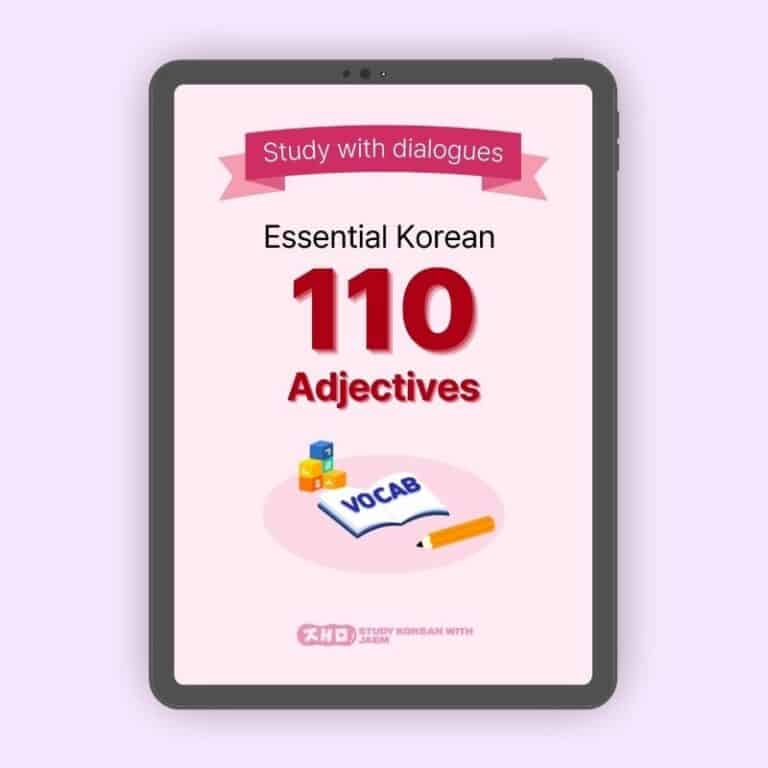
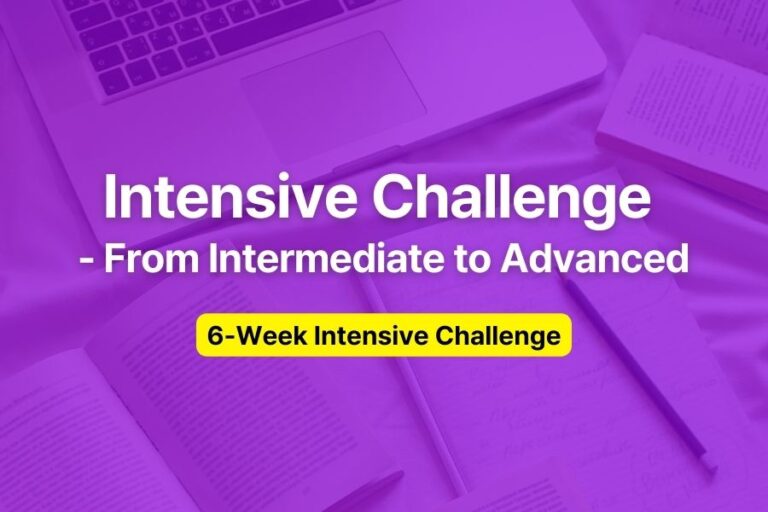
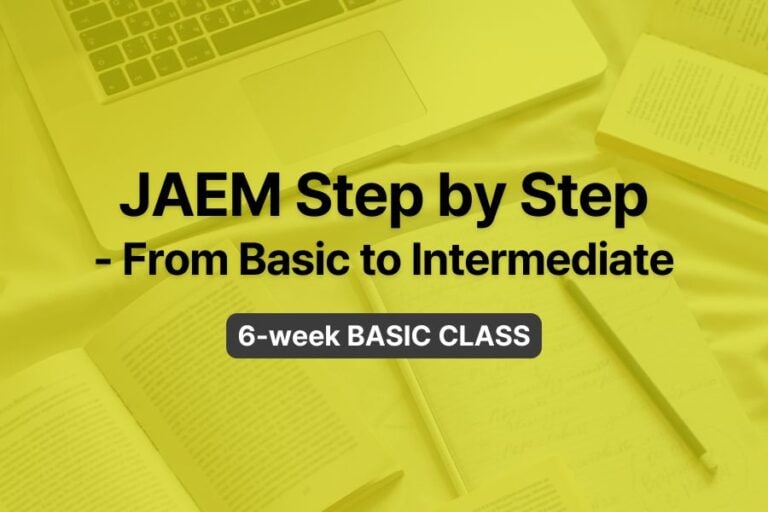

Responses